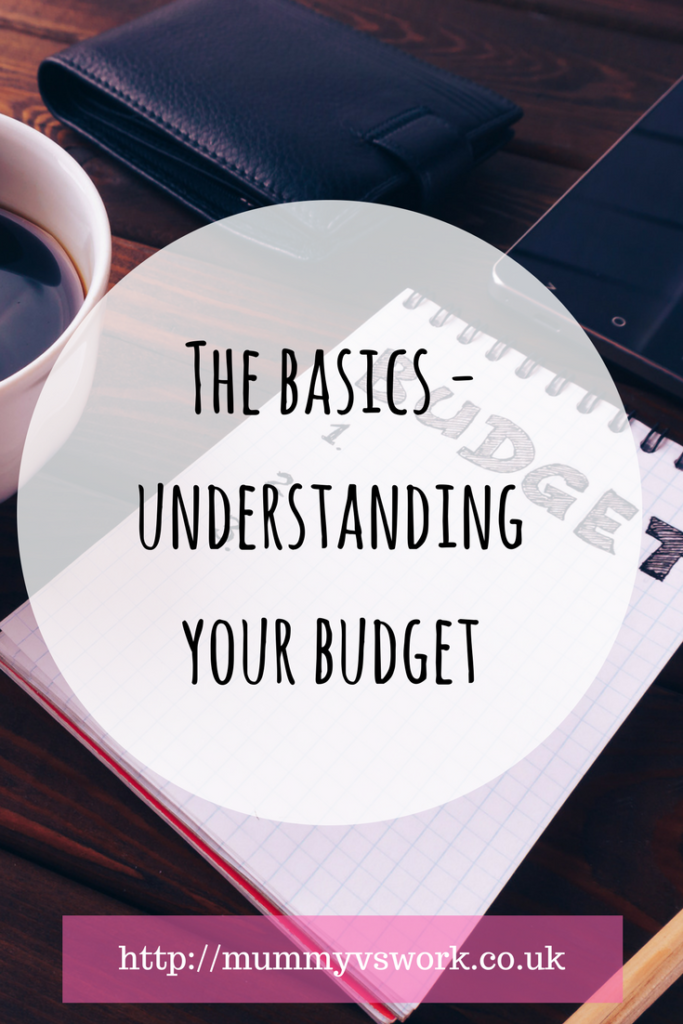The basics – understanding your budget
Before you can start to save money, you need to know exactly what your budget is.
Knowing what you currently have coming in and going out is the key to being able to create a budget going forward.
This doesn’t have to be complicated though. I have a notebook which lists all our outgoings for the month and our money coming in at the top. Then I have a running total on the side which I track to our bank and tick off our outgoings once they are paid.
At any point then I can glance at the bank balance (or lack of it!) and see what is still left to go out.
There are a few things to try and remember when you track your budget:
- Be realistic when setting your budget. There is no point in putting in the budget you spend £100 a month on food when you know you spend way more than this.Track what you actually spend monthly back to your budgeted figures. This will allow you to adjust your finances accordingly. It will also show you areas that you may be over spending on, giving you the chance to get in under control.
- Remember to budget for the yearly expenses – So this is a big one! If you pay your road tax or insurances for example on a yearly basis you need allow putting 1/12 of this away on a monthly basis. So for example if I pay our £500 a year for car insurance I would put away £41.66 (though I’d round it up to £50 to allow for rising costs). Doing it this way means you wont get hit by a huge bill in a years time.
- Budget for an emergency fund – If you can afford to budget some money each month to a pot for emergencies then this is highly recommended. It gives you a little financial cushion should anything go wrong.
This is just a simple start on budgeting to get you started and get your finances recorded. In the coming weeks I will go through how we’ve looked to cut our outgoings and monthly budget to ease the financial strain.
If you are interested in our other money posts, just check out our lets talk money section.
